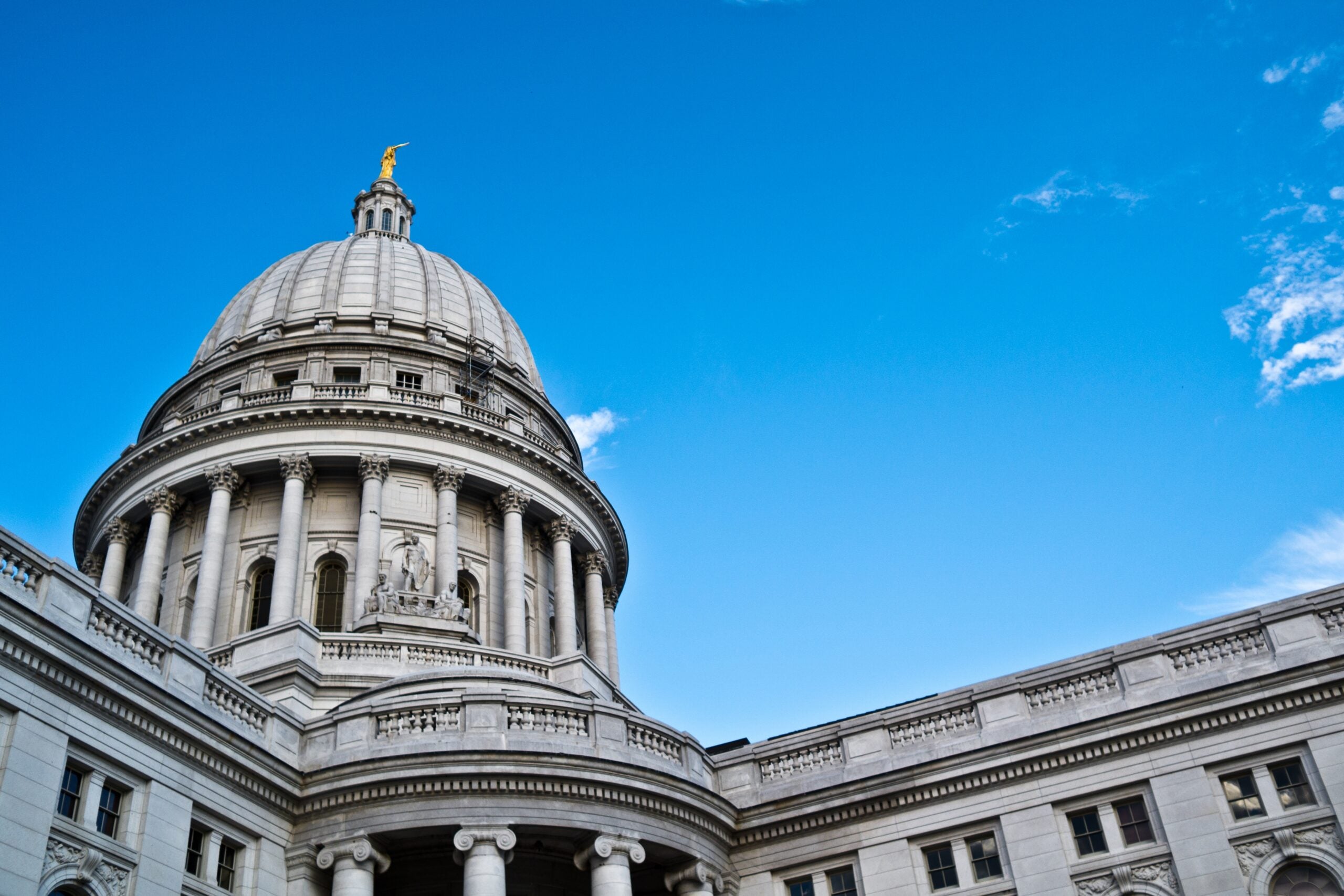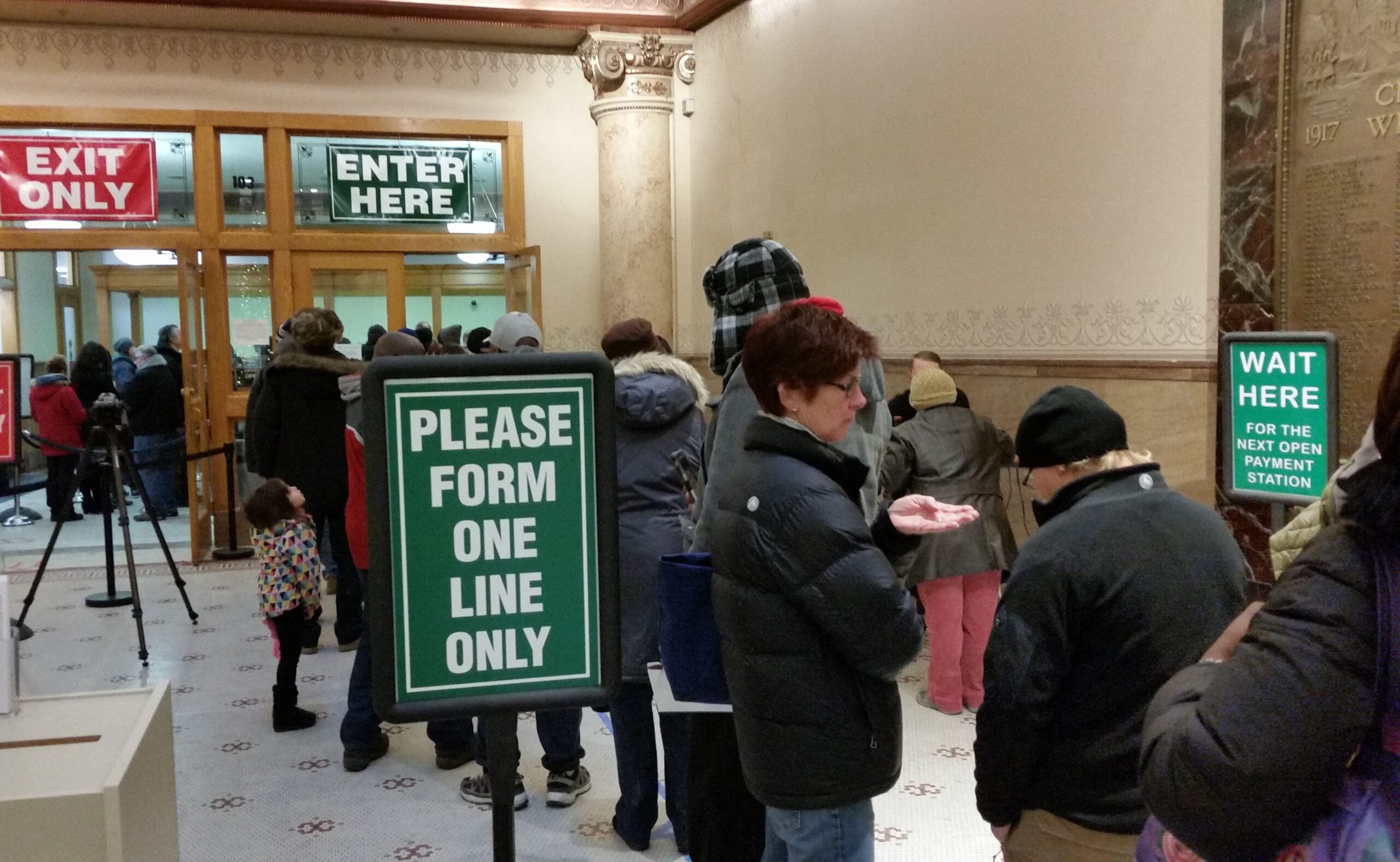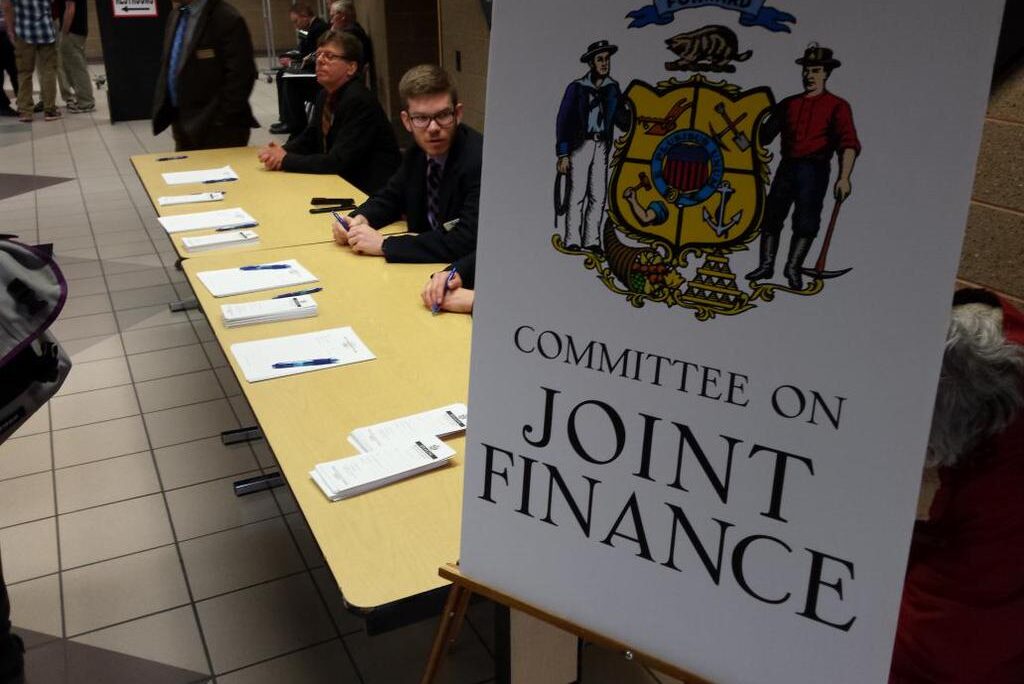To hear Gov. Scott Walker and other Republicans describe the state budget, there’s a lot riding on a new revenue forecast that could come out this week. If the forecast is good, lawmakers could reduce budget cuts to education. If not, the cuts will probably stick. But critics say it didn’t have to be that way, and there are better options going forward if Republicans would take them.
Almost immediately after the governor unveiled his budget in January, Walker and other Republicans were downplaying proposed cuts, arguing the budget was based on revenue estimates that were too low. The final budget would, they predicted, have more money to spend once new estimates were in.
The problem with squeaking by on revenue forecasts is that these days, they’re increasingly wrong. Brenna Erford worked on a study for Pew Charitable Trusts which found that in most states, revenue forecasting errors are bigger than they used to be.
News with a little more humanity
WPR’s “Wisconsin Today” newsletter keeps you connected to the state you love without feeling overwhelmed. No paywall. No agenda. No corporate filter.
“Volatility is really just a fact of life,” said Erford. “There’s really nothing states can do to get rid of it.”
Erford said there are lots of reasons for this. States are susceptible to global economic trends and more revenue comes from taxes on investment income, which goes up and down.
When forecasts predict more revenue, she said, states are tempted to use it. That happened in Wisconsin last year when Republicans used a strong revenue estimate to cut taxes. The trouble is, that estimate was wrong. Todd Berry with the Wisconsin Taxpayers Alliance said the state would have been better off if Walker and lawmakers had done nothing at all.
“We’d be sitting on over a $1 billion surplus,” Berry said. “So that election year decision based on revenue estimates — that incidentally turned out to be wrong, to be too high by about half a billion dollars — that decision really set the table for everything that’s happened since.”
Now that these new estimates are almost here, the governor’s tone has changed. He’s starting to downplay them, suggesting that if they’re not as good as hoped, some budget cuts might be inevitable. That idea bothers Jon Peacock, budget expert with the Wisconsin Council on Children and Families.
“Well, that’s patently untrue,” Peacock said. “I mean I really can’t think of a time when it would be so easy, relatively speaking, to avoid much of the cuts.”
For example, Peacock said Republicans could delay the full phase-in of a tax credit they passed for manufacturers that has run into estimate problems of its own. It was originally supposed to cost the state about $100 million this year. Instead, its cost more than double that.
“So rather than continuing to phase that in and having this ballooning cost of a very ineffective tax break for corporations, let’s just freeze that in place at the current level,” said Peacock.
But Republicans say they like that tax break because they think it will lure manufacturers to Wisconsin. They’re more content to take a wait-and-see approach for now.
They’re also waiting on actual numbers — not estimates — for tax collections this fiscal year. Those need to be good, or Republicans might have to plug a hole in the current budget before they can worry about the next one.
Wisconsin Public Radio, © Copyright 2026, Board of Regents of the University of Wisconsin System and Wisconsin Educational Communications Board.




